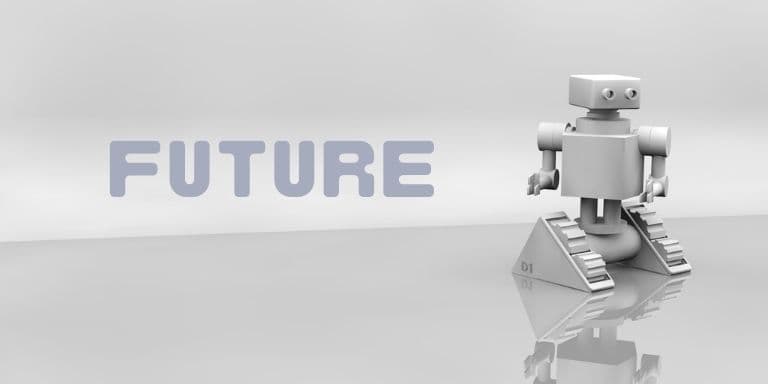A grammar review for advanced learners
The future perfect and the future continuous can often be neglected and forgotten about when speaking English, but that’s a shame! Learning how and when to use these phrases can bring your English up a level, making you sound more fluent and sophisticated.
Don’t worry, these tenses are nothing to be scared of! Once you understand what they mean and when to use them, they are a piece of cake!
When do we use the future perfect?
We use the future perfect when we want to make a prediction about an action that we expect to be completed by a particular time in the future. We don’t really care when this is going to happen, but we care by which point in the future it is going to have happened.
In other words, we use it talk about events that will be completed by a specific time in the future.

How do we form the future perfect?
In it’s simple form, we make it by using: will + have + past participle

Good to know!
- It also has a continuous form: By the end of this month, I will have been living in this apartment for 6 months.
- and it can be used to express assumption: You won’t have heard the news yet! (I assume you haven’t heard)
Future perfect tense examples
In a future perfect sentence, the first action (so the action that happens first) uses the future perfect and the second action (the action that happens later on in the future) uses the present simple.
E.g. I will have finished yoga by the time you arrive.

Somewhere between 19.00 -20.00 I plan to finish yoga – the first action, and around 20.00 you plan to arrive – the second action. I will have completed the action before you arrive.
I can invert this phrase:
By the time you arrive, I will have finished yoga.
Time markers with the future perfect
We use these time markers with the future perfect
- by the time
- when
- before
- She’ll have already sent you the package by the time you order a new one.
- When they get back to me next week, I’ll have accepted that other job.
- I’ll have cleaned the house from top to bottom before you get here!

Punctuation
It’s good practice to use a comma when we begin the sentence with the dependent clause (the time clause) like this:
By the time the party ends, I’ll have spoken to at least 5 new people.
We don’t use a comma when the independent clause begins the sentence. (There is no change in meaning).
I’ll have spoken to at least 5 new people by the time the party ends.
When do we use the future continuous?
We use the future continuous to talk about events that will be in progress at a specific time in the future (to emphasis the duration of the activity)
This time next week I’ll be sipping a cocktail on the beach!
How do we form the future continuous?
We make the future continuous with: will + be + ING form

Other uses of the future continuous
The future continuous can be used to describe events which are going to happen anyway, rather than events we choose to make happen
No need to set an appointment, I’ll be coming by the office anyway.
We can also use the future continuous to refer to fixed arrangements and plans
Stereophonics will be playing live in Rome this summer
The future continuous can sound more polite than will (useful in contexts where you need to polite language)
Will you be going to the coffee shop later? If you go, could you grab me a large coffee?

ps. Check out my English courses for advanced English and proficient English here!

EXCELLENT! SIMPLE AND EASY TO COMPREHEND.
Thank you Shadrach, I’m glad you found it clear and easy to understand. I appreciate you taking the time to leave a comment!